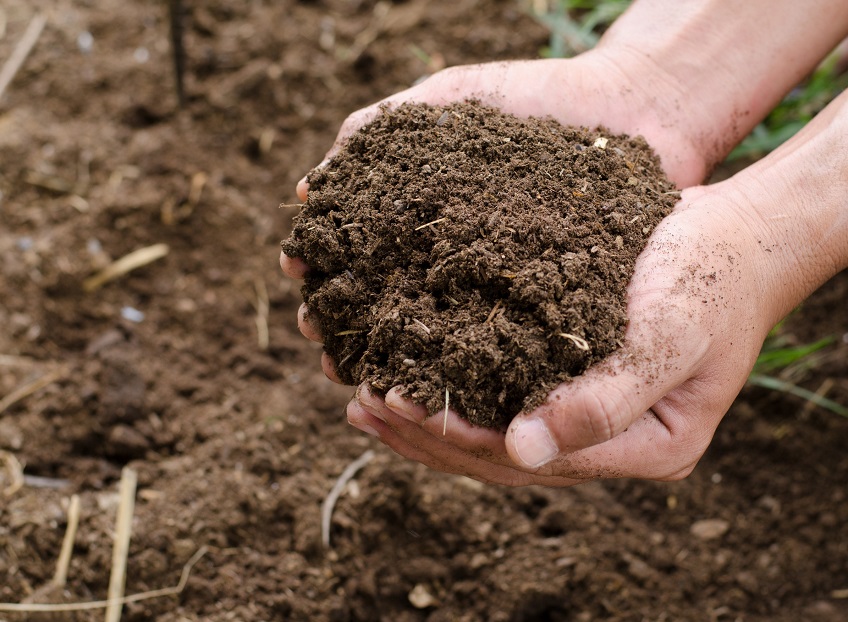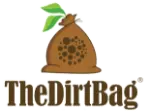
If you’ve visited our website before, you probably know by now that the health and quality of your soil is the foundation of a successful (or unsuccessful) garden. Many diseases and issues begin in the soil. PBS Utah published an article regarding healthy soil in Utah with data from soil science experts at Utah State University in Logan.
The PBS article states: “Soil is the unconsolidated upper layer of earth composed of organic matter, rock particles, minerals, clay, gasses, liquids, and organisms that together support life.” Pores in unconsolidated soil is what allows water and air to move through it, thus allowing space for organic material. In Utah, our soil relies on irrigation for vegetables and fruits to grow because of our arid/semi-arid climate. Utah State University’s professor of soil sciences, Paul Grossl, states: “It’s the amount of water percolating through that soil that will also create the amount of biomass that grows and then start forming the soil as we know it.”
Typical Soil Issues Along the Wasatch Front
Homeowners and farmers in Utah often see these three common issues with their soil.
- Alkaline soil pH – Utah soil typically has an abundance of calcium carbonate, which is the main ingredient in limestone. Many soils are alkaline, ranging from a pH of about 7.2 to 8.5. In this range, important micronutrient metals (such as iron, zinc, and manganese) become less available to plants. Plants that are deficient in these micronutrients will suffer with quality, health, and fruit yield. You can amend these soils by adding appropriate amounts of sulfur, iron sulfate, or aluminum sulfate. Or you can amend with peat moss or well-decomposed compost. Coffee grounds can help made the soil more acidic, too.
- Salinity – Many soils in Utah, and most specifically along the Wasatch Front, are high in salt. One of Grossl’s suggestions for treating overly salty soil is to flush the salts out of the root zone with a clean source of water, either through flood or sprinkler irrigation. If your soil is heavily compacted, you will see drainage issues, which will also cause the soil to hold in salt. Another treatment is to add a rich, organic compost to the top 12 inches of soil. This helps to open up the soil and allows the salt to drain out.
- Clay – If your soil is greater than 30% clay, which is common in Utah, you may notice water and draining issues. Adding a mixture of good compost will help, but if there is also an issue with high salinity, you’ll want to avoid compost derived from animal sources.
Bring in the Professionals
Soil composition and health can make or break your garden. Consider getting your soil tested, which is easily done through USU Analytical Labs, to ensure you know what amendments to get, when to apply them, and how often. The professionals at The Dirt Bag are very knowledgeable about soil composition and can help you get on the right track. Stop in or call us for assistance.


